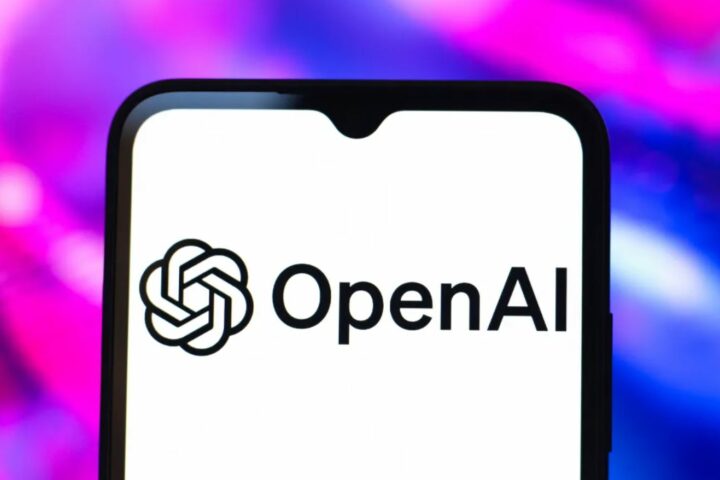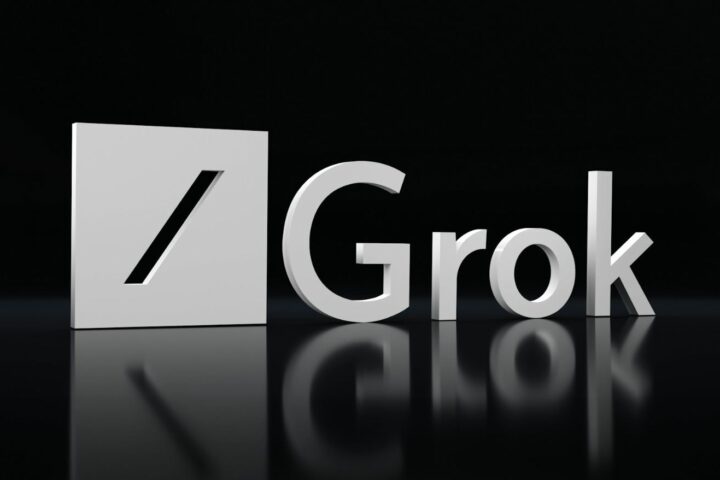 Meta’s been making waves lately with its Llama AI models, and we’re starting to see some intriguing developments. A recent court filing has brought to light that Meta is engaging in revenue-sharing agreements for these models. This might come as a surprise, especially since CEO Mark Zuckerberg had previously mentioned that selling access to these models wasn’t really on their radar.
Meta’s been making waves lately with its Llama AI models, and we’re starting to see some intriguing developments. A recent court filing has brought to light that Meta is engaging in revenue-sharing agreements for these models. This might come as a surprise, especially since CEO Mark Zuckerberg had previously mentioned that selling access to these models wasn’t really on their radar.
So, what’s the story? Well, this court filing is tied to the Kadrey v. Meta lawsuit, where Meta is accused of using pirated ebooks to train its models. According to the filing, Meta actually gets a slice of the revenue from companies hosting its AI models. Now, they haven’t spilled the beans on exactly which hosts are cutting them a check, but names like AWS, Nvidia, and Google Cloud have popped up in various chats.
For developers, there’s a choice: you can either download and tweak the Llama models on your own or team up with these host partners for a smoother ride. During an earnings call, Zuckerberg hinted at some monetization ideas for Llama, like licensing, business messaging, and even advertising within AI interactions. But he didn’t dive into the details back then.
Later, Zuckerberg emphasized that the real win with Llama is the innovation it sparks within the AI research community, which in turn boosts Meta’s offerings like the Meta AI assistant. “I think it’s good business for us to do this in an open way,” he said, pointing out the collaborative benefits.
These revenue-sharing revelations are particularly interesting given the ongoing lawsuit. The plaintiffs claim that Meta not only used pirated materials but also made it easier for others to infringe through methods like torrenting. To keep up with its AI ambitions, Meta’s planning to ramp up its capital expenditure, with estimates hitting anywhere from $60 billion to $80 billion by 2025. This cash will help expand their data centers and AI teams.
There’s also buzz about Meta exploring a subscription service for its AI assistant, which could bring some new features to the table. While Meta hasn’t commented on these developments yet, we’ll keep you posted as soon as they do.








